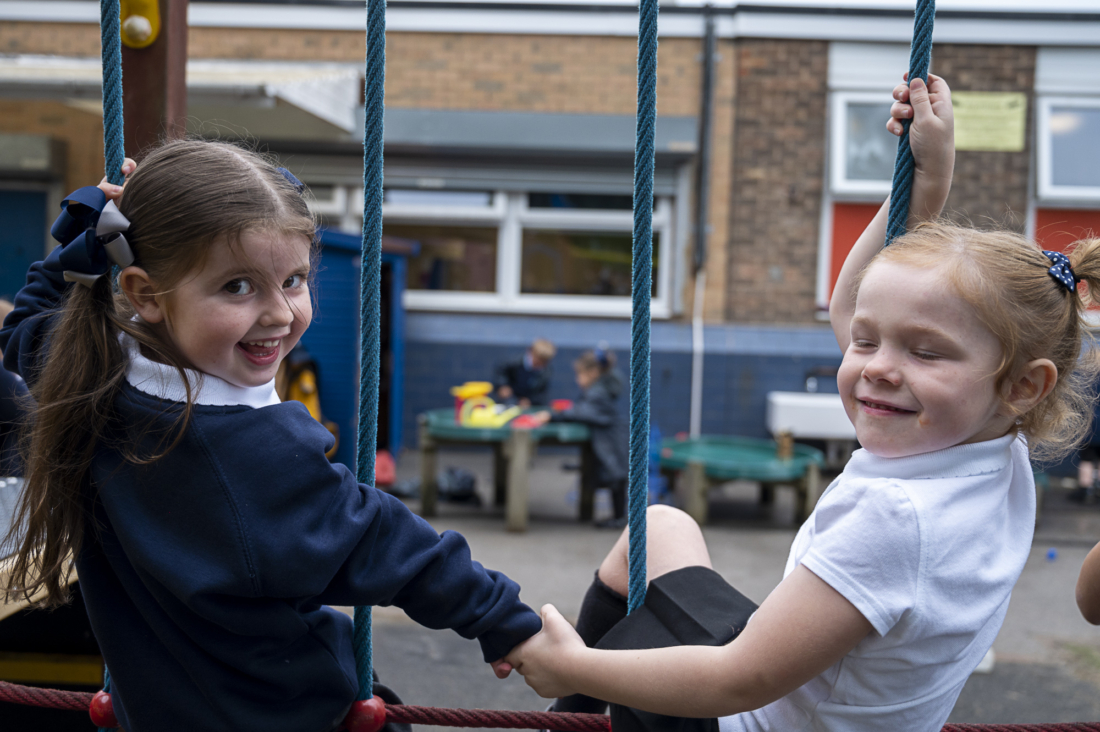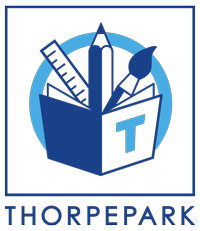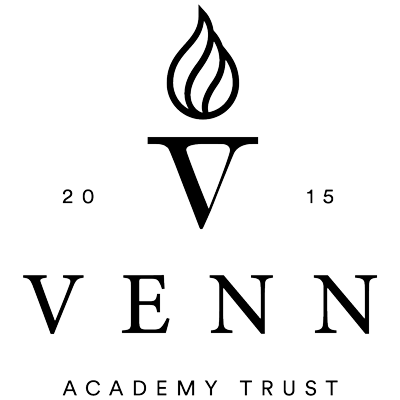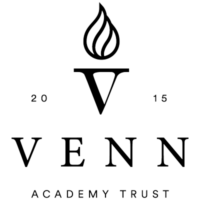Art subject information
We aim to offer children a diverse and skill-based approach to art. We want to inspire children’s creativity by using art, artefacts and colour as a stimulus to produce their own art. During their time at Thorpepark children have a detailed look at artists, sculptures and designers who are known both locally and globally. They will look at a range of art styles from cubism, naturalist to street art.
Intent
In order for children to be successful with their art we teach a range of progressive skills through the school and within each art unit. Children will learn the basic skills that they will need such as pencil control, choosing the correct pencil and brush and using tools effectively. After, the children use an artist as a stimulus to their own art, learning about the style, pallet and other works by the artist. They will then move onto planning and practicing their own art work through mood boards, colour wheels and composition work. All art units end in a final piece which is to be celebrated across the school.
Implementation
Below is the long-term overview of the art projects across the school and also the artist used to base the work around. The skills are progressive through the school and developing as the children progress.
Art units are taught in blocks in order to practice and work on the skills. These blocks full under the following categories:
• Drawing (skill based using a range of mediums and starting points)
• Painting (skill based using colours, painting and printing skills)
• Form (skill based to create 3D and relief pieces of art)
Although the units are taught separately the skills are transferrable into other units and across the curriculum.
Further information:
Year 1
Year 2
Year 3
Year 4
Year 5
Year 6

“Pupils often benefit from bespoke plans which are matched to their needs.”
“Leaders have designed the curriculum to develop pupils’ sense of belonging, identity and pride in being from Hull.”
“Pupils are well prepared for secondary education.”
“Pupils are motivated to learn.”
“Leaders know the pupils, their families and the community very well.”
“Extra-curricular clubs are carefully chosen to stretch individual pupils’ talents in music, sport and other areas, including sewing.”
“There is a truly inclusive ethos.”
“Leaders prioritise pupils’ well-being.”
“Pupils love the ‘Thorpepark 50’.”
“Many parents appreciate the adult learning and volunteering opportunities available to them.”
“Leaders have ensured that the teaching of reading is strong.”
“Lots of initiatives are in place to encourage pupils’ love of reading.”
“Pupils learn about people and places from their local area in all subjects.”
“Pupil mentors support younger pupils and those new to the school.”
“Pupils are exposed to a wide range of high-quality books.”
“Pupils know ways to raise their own self-esteem and that of others.”
“The curriculum for pupils with special educational needs and/or disabilities (SEND) is well designed.”
“Pupils understand how to keep their minds and bodies healthy.”
“Children in the early years get off to a good start.”
“Parents work in partnership with leaders and staff.”
“The school’s offer for pupils’ personal development is exceptional.”
“Pupil ambassadors check on other pupils’ well-being.”
“Pupils thrive at Thorpepark Academy.”
“Pupils learn the importance of contributing to their community.”
“By the end of key stage 2 pupils have secure knowledge in English and mathematics.”
“Pupils enjoy being active citizens and getting paid in credits they can spend in the school shop.”
“Pupils are empathetic and show understanding of other pupils’ needs.”
“Leaders are committed to and highly skilled in supporting pupils who struggle to manage their own behaviour.”
“Pupils are motivated to learn. They enjoy lessons and they achieve well.”
“Leaders, including the trust, ensure that pupil, parent and staff well-being is a top priority.”






